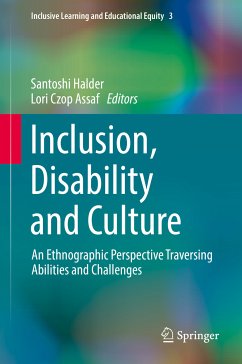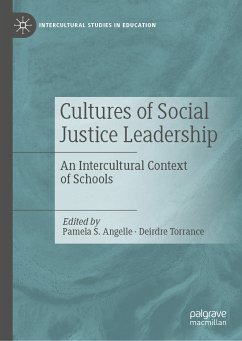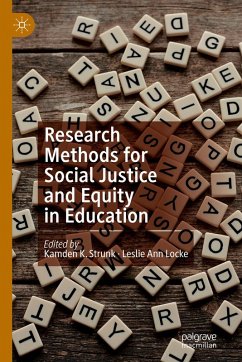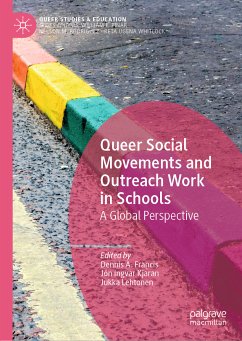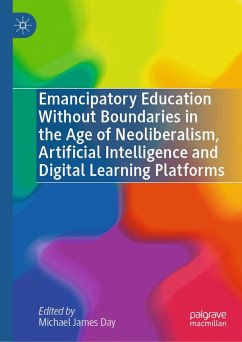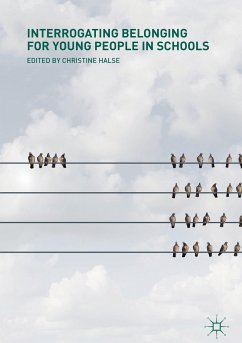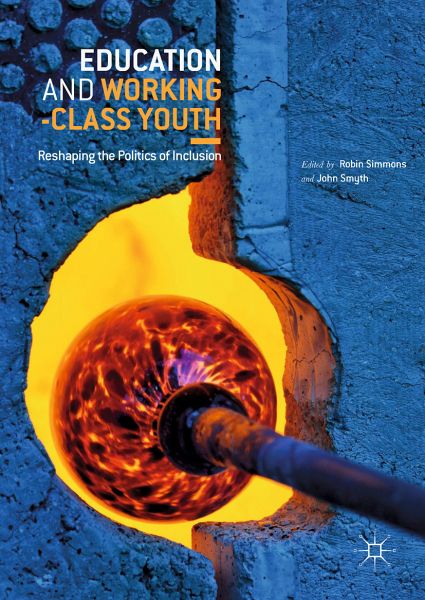
Education and Working-Class Youth (eBook, PDF)
Reshaping the Politics of Inclusion
Redaktion: Simmons, Robin; Smyth, John
Versandkostenfrei!
Sofort per Download lieferbar
72,95 €
inkl. MwSt.
Weitere Ausgaben:

PAYBACK Punkte
36 °P sammeln!
This book provides an inclusive and incisive analysis of the experiences of working-class young people in education. While there is an established literature on education and the working class stretching back decades, comparatively there has been something of a neglect of class-based inequality - with questions of gender, 'race' and other forms of identity attracting significant attention. However, events including Britain's 2016 decision to leave the European Union, have thrown social class into sharp focus, both in the UK and elsewhere. Featuring leading thinkers in the sociology of educatio...
This book provides an inclusive and incisive analysis of the experiences of working-class young people in education. While there is an established literature on education and the working class stretching back decades, comparatively there has been something of a neglect of class-based inequality - with questions of gender, 'race' and other forms of identity attracting significant attention. However, events including Britain's 2016 decision to leave the European Union, have thrown social class into sharp focus, both in the UK and elsewhere. Featuring leading thinkers in the sociology of education, this book examines the different ways in which young people relate to various parts of the education system, including different forms of schooling, post-compulsory and university education. They maintain that the issue of social class goes beyond the walls of specific institutions to affect young people in a variety of ways: not only in the UK, but across the globe. This book will be of greatvalue and interest to students and scholars of the sociology of education, working-class youth, and equality of opportunity.
Dieser Download kann aus rechtlichen Gründen nur mit Rechnungsadresse in A, B, BG, CY, CZ, D, DK, EW, E, FIN, F, GR, HR, H, IRL, I, LT, L, LR, M, NL, PL, P, R, S, SLO, SK ausgeliefert werden.



